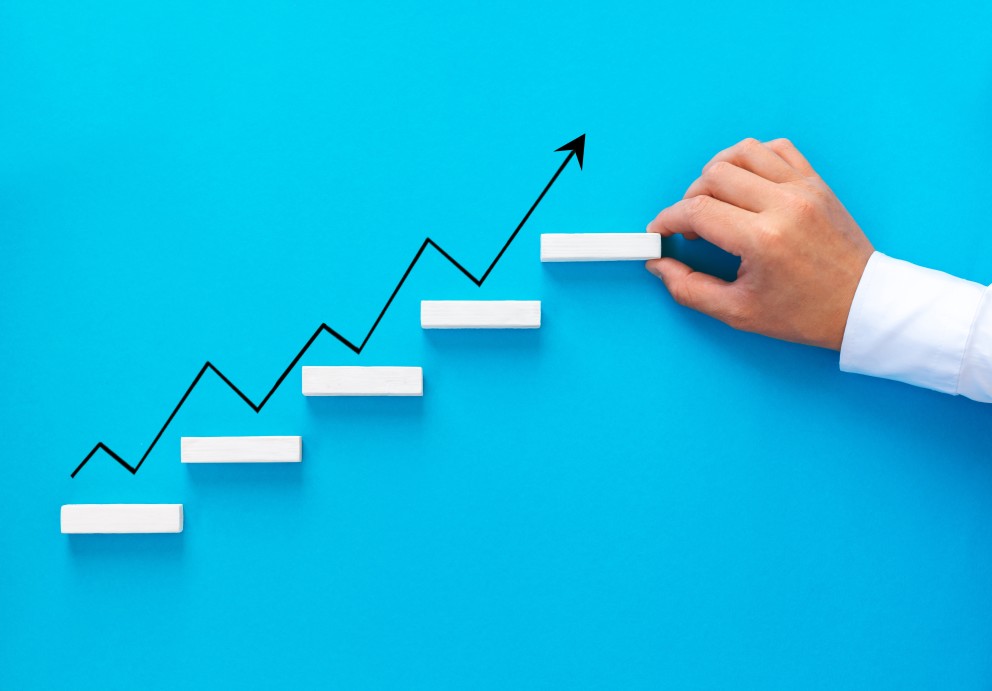Don’t be wasteful. Recycle. Eat all the food off your plate because there are starving kids in Africa who wish they had that food. All our lives we have been taught to be good stewards of our resources—specifically, by not being wasteful.
Generally speaking, this is a very good principle. As Christians, we ought to confront important decisions with a desire to be good stewards. This is why understanding economics can be so useful—it can teach us how to steward our resources well. As we’ve said before, if you can identify and understand the economics around you, it can help improve your life and the lives of those in your community. Christians ought to be at the forefront of improving people’s lives, and therefore, we should want to be economically literate.
[pq]If a project is a bad investment, it is better to walk away now than continue throwing resources at it.[/pq]
So in our efforts to be good stewards, we should take careful note when economics tells us that sometimes it’s OK to walk away. In economic terms, past expenses or efforts are called “sunk costs.” They are the time and money that we have already spent. Our instincts as good stewards are screaming at us that because we have invested time and money already, that we should see this project through to the end. It would be wasteful to walk away, our instincts tell us—but economics says the opposite.
Sunk costs are in the past. The time and money aren’t coming back. We can’t change those decisions, but we can change our future decisions. If the project is a bad investment of our time and money, it is better that we walk away now than continue throwing our resources at it. Walking away could actually make us better stewards.
My undergraduate finance professor used the example of an ill-fated relationship when lecturing on the topic of sunk costs. The way I remember his example going was something along the lines of this:
You’ve been dating a girl for five years. You were high school sweethearts, and you came to college together. You have invested not only the years into this relationship, but a lot of money on dates and gifts. Plus, you have changed the entire trajectory of your life by choosing to come to the college she got accepted to, instead of any other school. You have known for several months, maybe even the last few years, that you have to end the relationship. You have been ignoring the reason, you have been denying it, and you stay in the relationship because so much of your life has been invested in her. But that time, and that money, and those decisions are all sunk costs. The net present value of the relationship does not justify the continued investment.
“Net Present Value” is a finance term technically meaning “the present value of all expected future cash flows.” In a relationship, it may be the value of the expected future relationship. Do you think the relationship will continue to be antagonistic? Do you think your boyfriend will continue to be a drag on your emotional stability? Do you think you will marry her? (Also note, that this commentary is about a dating relationship, and is not applicable to a current marriage!)
If the future value is not worth the continued investment, you shouldn’t continue with the project—in this case, the relationship.
Dr. Anne Bradley, an economist at the Institute for Faith, Work & Economics, once told a great story about economic stewardship, which might be easier for some to relate to than the story about the relationship.
I remember shopping with my friend who found a cookbook on sale, and she had been wanting to get [it] for a gift. She grabbed it victoriously and proceeded to the check-out. It was Christmas time and the line was long. It was hot in the store with our coats. We had been in line about ten minutes and I asked her if she really wanted to stay in line and buy the book. She responded “well we’ve already waited, so I should stay!”
My friend wasn’t counting the opportunity cost of having to stand in line another 10 to 20 minutes. The time we had already spent in line was gone forever. Those minutes were, as they say in business, a sunk cost. But that doesn’t mean we had to forgo even more time, just because we had already given some time.
We were called to assess our new situation. The store is crowded and the line is moving much slower than we thought it would. Our coats are getting hotter and our bags are getting heavier. She had to re-calculate how much more time in line the cookbook was worth.
Only she knows how much it was worth to buy the cookbook and give it as a gift and only she could make the calculation of how long it was worth waiting for. But like the rest of us, she is called to be the best possible steward of her time. And we left the store, without the cookbook.
Accurately assessing the future value and opportunity costs of a situation can inform our decision-making. If the future value does not justify the continued investment, than we aren’t being wasteful, we are being good stewards by walking away.
This principle has applications much farther-reaching than dating and shopping. We should use this economic way of thinking to assess policy decisions, our charity, our friendships, and more.
What commitments do you have that are draining your resources? Think about the sunk costs compared to the future value and the opportunity costs. It might be OK to walk away.



